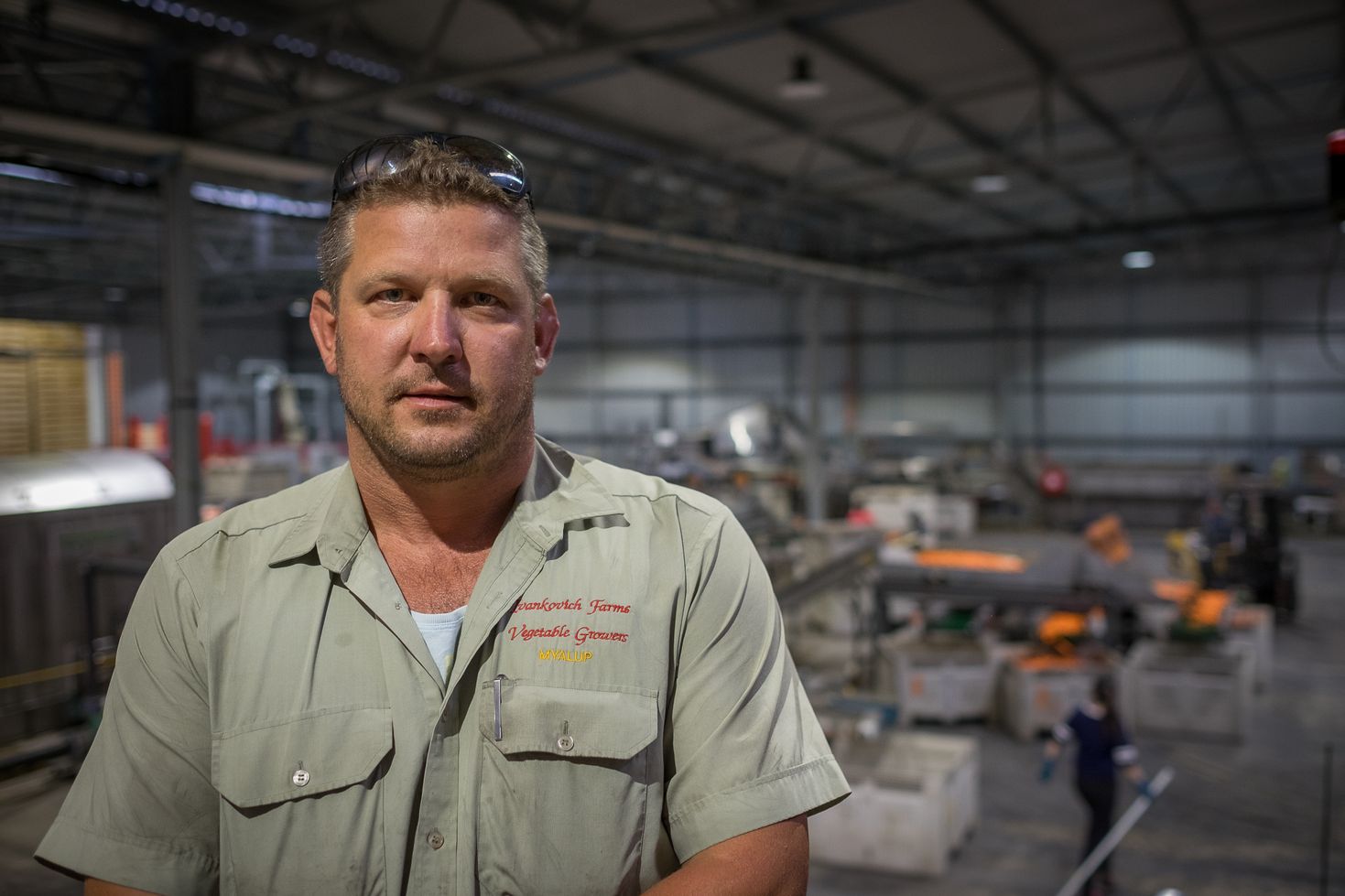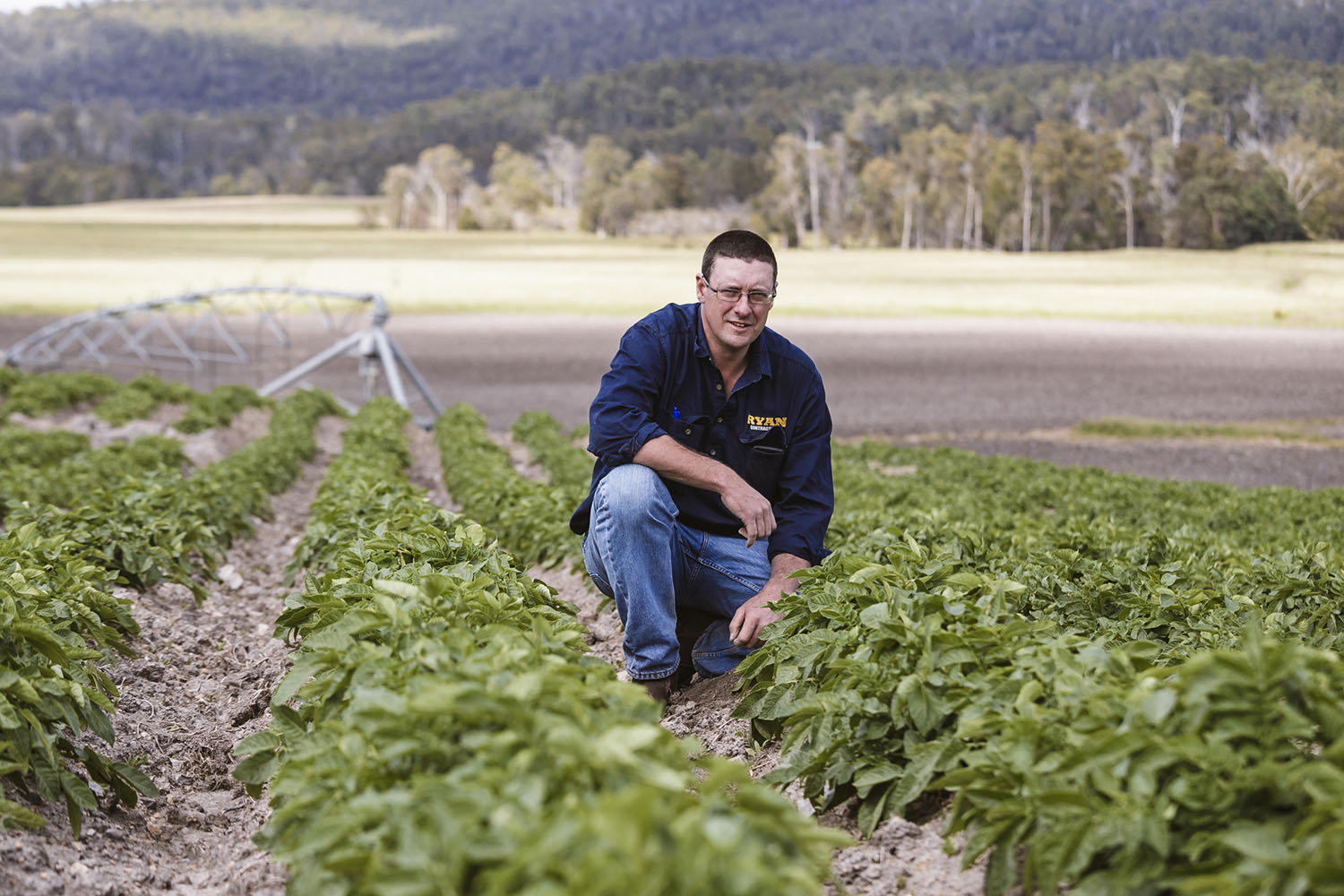
Matt Ryan: Legacy of the land – Environmental management for the next generation
15 January 2017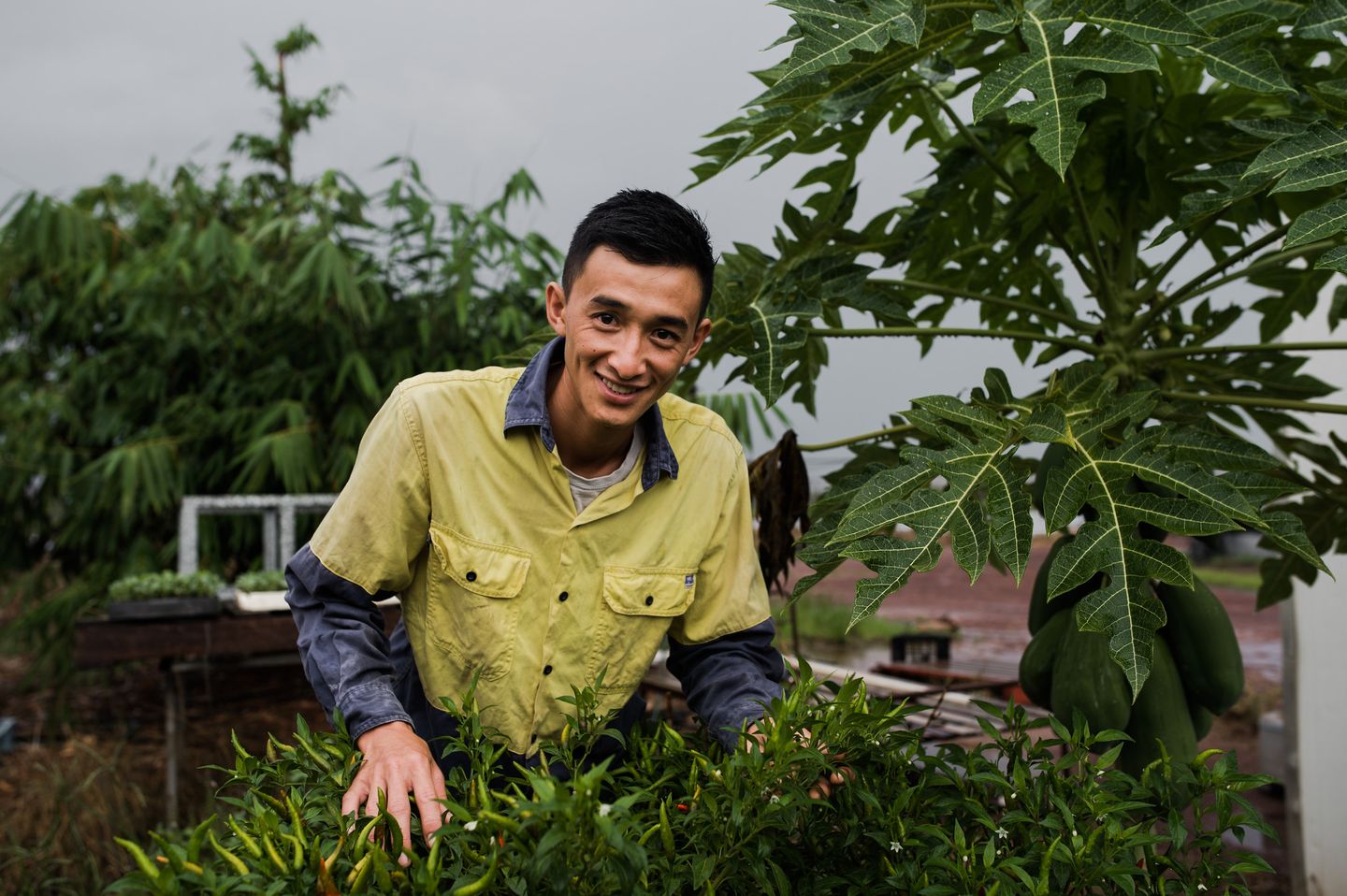
Chris Pham: Next generation in the Top End
23 January 2017Ivankovich Farms is a major carrot export operation based in Myalup, south of Perth. A fourth generation Australian grower, Anthony Ivankovich spoke to us about his family history, the challenges he faces both on- and off-farm and the goals achieved so far.
Fast facts
Name: Anthony Ivankovich
Location: Myalup, WA
Works: Ivankovich Farms
Grows: Carrots, onions, potatoes
It’s a long way from Bogomlje, Croatia to the south-east corner of Western Australia. Just ask Peter and Anthony Ivankovich – the father and son duo have continued their family’s farming legacy, which started over 14,000 kilometres away on the Croatian island of Hvar.
The pair run Ivankovich Farms, a carrot, onion and potato growing and packaging operation tucked away in Myalup, approximately 140 kilometres south of Perth.
The carrot crops are all grown for export, with the majority sent to the Middle East including Dubai, Saudi Arabia, Qatar and Yemen.
Family history
Both Peter and Anthony were born in Australia. Anthony’s great-grandfather Ivan migrated to Australia from Croatia in 1926, with his wife and children making the journey 10 years later. Initially, Ivan was a timber cutter for the water pumping stations on the pipeline to Kalgoorlie before he purchased land in Spearwood, Western Australia. Ivankovich Farms was later established in Spearwood in the 1950s before relocating to Myalup in the mid-1990s.
Anthony travelled to Europe earlier this year where he went back to his roots – visiting Croatia was an eye-opening experience for the 39-year-old.
“We went to the place where my family actually started from, which was on the island of Hvar and a little town called Bogomlje. Things have not changed much since my great grandfather left, looking at it,” Anthony says.
“It really was beautiful, but the way they farmed there – it was just rock. They were trying to scavenge to find a bit of sand to plant something in, and they’re still doing it. Nothing’s changed except they’ve got cars now instead of donkeys.”
Peter and Anthony still have family members living on the island of Hvar. Anthony reflected on the different growing practices between Australia and Croatia in the early days.
“When you say ‘grow’ over there, they might have had five metres by five metres of spuds; they might have had a few onions and a bit of this and that. I think the main crop was lavender, along with olives and wine grapes were grown over there back then too,” Anthony says.
“It was a bartering system back then, more so than growing bulk to supply towns. They would have grown just to survive.”
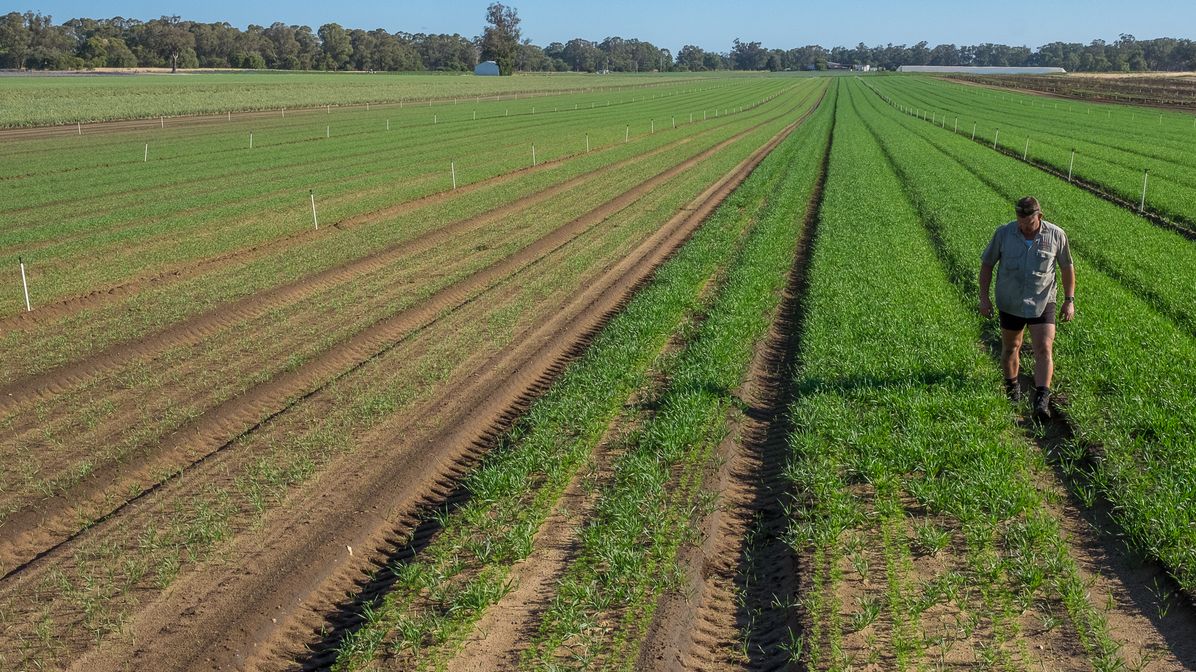
A continuing dynasty
Like many growers, Anthony couldn’t see himself in any other industry and it was those strong family ties that made up his mind for him, 23 years ago.
“I had ambitions of getting an apprenticeship in mechanics, or joining the defence force when I finished high school, but my mother got pretty sick when I finished high school and passed away. I was 17. I hung around the farm a bit more to help Dad out – I didn’t want to just leave him and work somewhere while the family was under that kind of pressure.”
Anthony oversees the entire operation, with Peter and Anthony’s wife Vanessa looking after the admin side. There are currently 26 employees working at Ivankovich Farms, including 18 backpackers. Three full-time operators are located on the farm site and four full-time employees control/manage the packing sheds.
“I enjoy the challenge of what we’re doing, whether it’s producing and packing, and staying on top of that – trying to chase the best money you can get for your product and trying to do the best job. We don’t want to be the biggest, but we will be the best at what we do.”
Grower challenges
There are a number of challenges the growers face, both on- and off-farm. After a long pause for thought, Anthony outlined the main issues he is currently dealing with.
“The main one would be a lot of the red tape that we’re dealing with at the moment, whether it’s trying to acquire more land, improving infrastructure on-farm or general running,” he says.
The future of water management is also on the agenda for Anthony and Ivankovich Farms.
“We’ve got water but (the issue would be) people managing their water in the area. My dad has always been of the belief that we have bores topping up the dams – we don’t solely rely on just one water hole, so we’ll spread the load out over the whole property and we’ll have bores placed around it so you’re not getting too much drawdown in one area,” Anthony says.
“When he first set the bores up that way years ago, people thought it wasn’t necessary and extra cost. But if you actually have a look at a current graph now of the salinity problems in the area, you’ll see our farms are the little green dots in the area. Our salinity hasn’t gone up a lot over the years; it’s gone up slightly, which it will, but nowhere near as much as some of the other places around. Water management is critical for sustainability in this industry.”
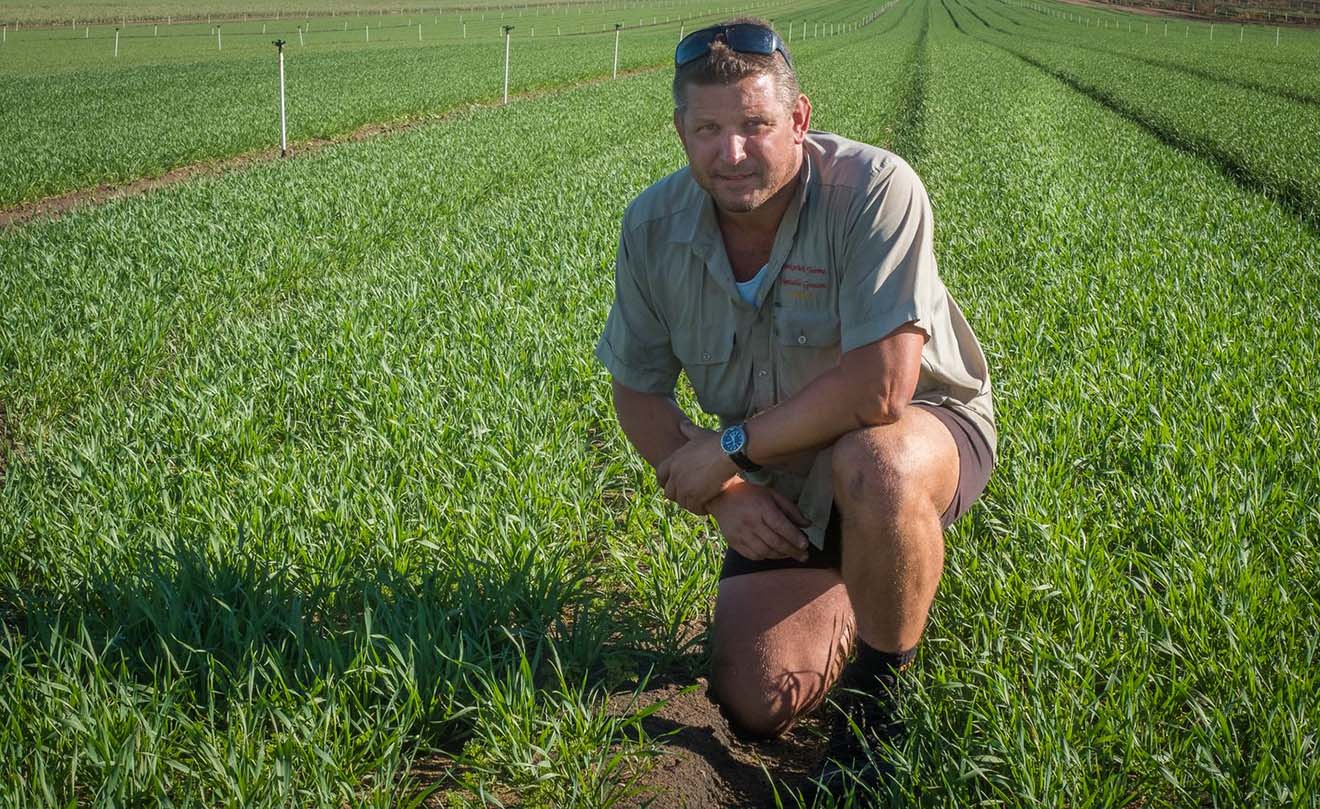
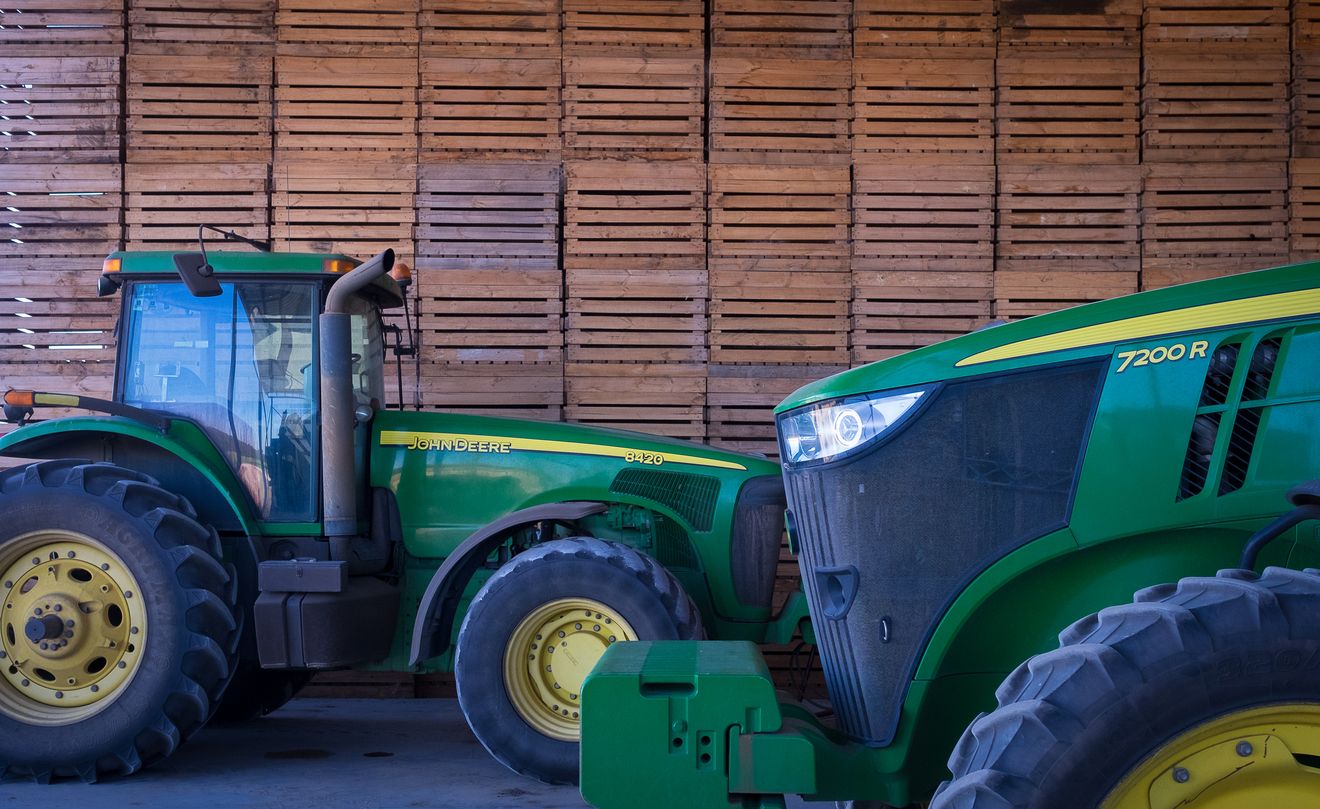
Getting export ready
Ivankovich Farms started exporting carrots eight years ago and within three years, its production line outgrew the shed so Anthony and his team were forced to upgrade.
“It took about 18 months to plan the new shed, the wash line, the packing lines and the robotics to achieve the tonnage that we wanted, while trying to keep the work-rate down. I don’t want people working weekends or two shifts, we don’t run late, everything must operate on time all the time.” Anthony says.
“We definitely look after workers in the area of machinery that they’re using and the timeframe of their hours.”
Achieving goals
Ivankovich Farms is a self-sufficient operation, however there is always room for growth. Anthony has an eye on increasing his volume of production and therefore increasing the carrot production for export. Trying to acquire more good-quality land is also on the list of goals.
Nevertheless, there is plenty to be proud of, particularly in terms of farm growth over the past eight years.
“Everything we’ve developed, we’ve done on our own as far as how we want the place to operate and what we want to do and how our machines operate and what they can achieve in a shift,” Anthony says.
“I enjoy sitting there, working stuff out and calculating everything down to the cent – whether that’s the general running costs, downtime costs, harvesting costs and machine design, operation and layout. The sheds are set up so that everything has a contingency plan, so if something breaks down we can keep moving or switch lines or wash lines. We have two wash lines incorporated into one for that reason.
“I enjoy the challenge of what we’re doing, whether it’s producing and packing, and staying on top of that – trying to chase the best money you can get for your product and trying to do the best job. We don’t want to be the biggest, but we will be the best at what we do.”
This grower profile first appeared in the leading magazine for the Australian vegetable industry, Vegetables Australia. If you’d like to subscribe to receive a new edition of Vegetables Australia in your mailbox every two months, use our online subscription form!

